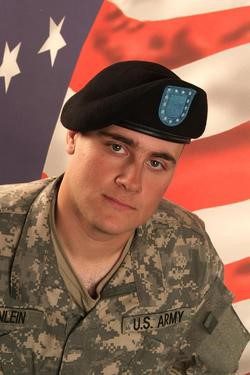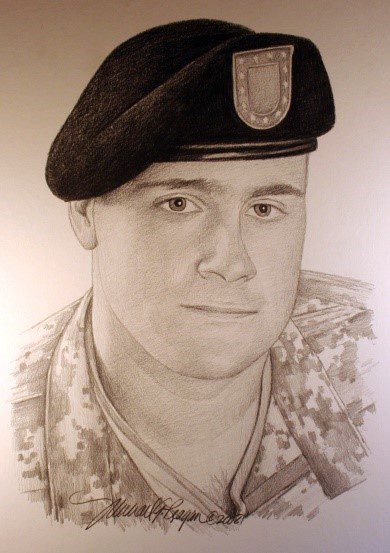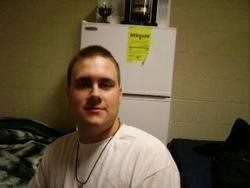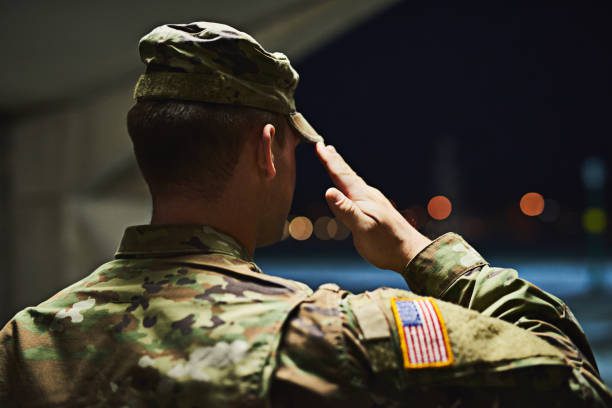
Charles T. Heinlein, Jr.
Private First Class, United States Army
September 7, 1983 – July 31, 2007
Age – 23
Hemlock, MI
Operation Iraqi Freedom
2nd Battalion, 3rd Infantry Regiment, 3rd Brigade Combat Team, 2nd Infantry Division (Stryker Brigade Combat Team), Fort Lewis, WA
Died of wounds sustained when an improvised explosive device detonated near his vehicle
For Private First Class Charles T. Heinlein Jr., the U.S. Army was one of the most important things in his life. “The only things more important were family and friends,” his father, Thomas Heinlein said. He was in his 14th month (of duty),” Heinlein’s father said. “If they wouldn’t have extended it, he would have been home by the end of June, beginning of July. He was tired, but he had no problem with them extending it. He thought he wanted to do his duty and wanted to do what was right. He thought what he was doing over there was good.”
In April, the government announced active component Army units would serve 15 months instead of 12 months, Fort Lewis public affairs officer Joe Jimenez said. This unit had finished its 12 months.”
His father said he remembered a little boy who could “irritate his father and drive his teachers up the wall” at times. He was a kid who marched to his own drummer. He said his son was an individual who was very smart, but sometimes found school boring. He loved to read, and he loved music. His taste in music ranged from “Phantom of the Opera” to the jazz singer Nina Simone to the heavy metal band Metallica.
Charlie, as he preferred to be called, also loved to cook. His dad said he would put together the most amazing recipes, with a pinch of this and a little bit of that. But there was one problem. “He never could cook the same recipe twice because he didn’t remember what he did,” Thomas said. Charlie then would cook up a new amazing recipe. Thomas said his son had a knack of finding friends and turning them into family. He cared about his fellow soldiers “more than anything.”
“He was very proud to be part of the Army,” Thomas said. “It was like a family for him.” Thomas had opposing emotions about his son being in the Army. I was proud of him and scared to death.”
Charlie felt a strong sense of duty and felt the United States was doing good things in Iraq. Part of his work was taking supplies to places like schools and hospitals, and he was proud of what he did there Charlie said that we needed to be in Iraq. He helped with a school there one time and with a hospital another time. He always talked about the people he met, a lot of good people. You have to realize Charlie didn’t have friends, everyone was family.


